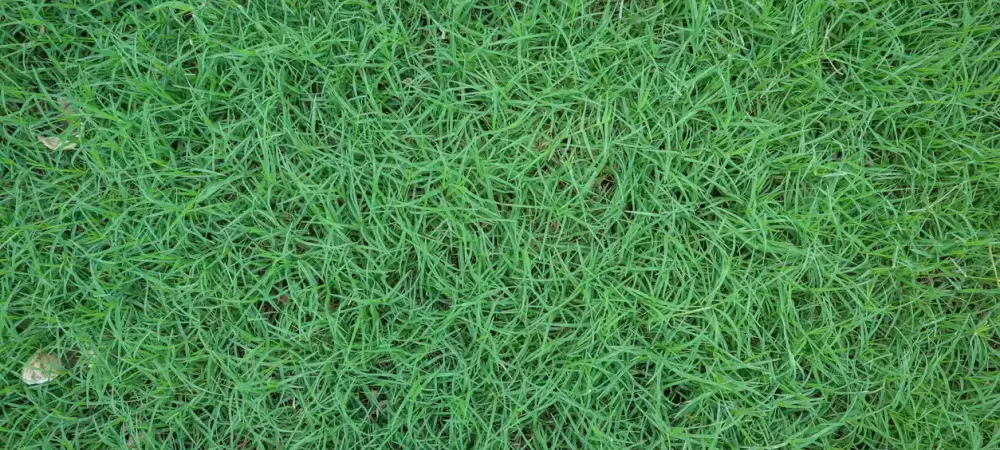Is Scutch Grass Found in Charleston?

Scutch grass, also known as couch grass, is a perennial grass that belongs to the Poaceae family. Its scientific name is Elymus repens. It is commonly called by various names in different regions, such as twitch grass, quick grass, and dog grass.
Scutch grass is characterized by its tough, wiry stems and long, creeping rhizomes that help it spread quickly. The grass can grow up to 1 meter in height and has flat, narrow leaves. It is typically found in temperate regions and is adaptable to a wide range of soil conditions, including poor and compacted soils.
Where does Scutch Grass Grow?
Scutch grass is a highly adaptable plant that can thrive in a variety of environments. It is commonly found in temperate regions, including Europe, North America, and parts of Asia. In the United States, scutch grass is prevalent in the Midwest, Northeast, and Pacific Northwest regions.
This invasive grass species can be found growing in a wide range of habitats, including pastures, meadows, roadsides, and disturbed areas. It is known for its aggressive growth habit and ability to outcompete native vegetation, making it a problematic weed in many landscapes.
Presence in Charleston, SC
While scutch grass is not native to the United States, it has been introduced and can be found in various states, including South Carolina. In Charleston, scutch grass may be present in certain areas, particularly in disturbed sites or along roadsides where it has established itself.
Like many invasive plant species, scutch grass can be difficult to eradicate once it becomes established. Control methods include mowing, hand-pulling, and the use of herbicides. It is important to properly identify scutch grass and take appropriate action to prevent its spread and impact on native vegetation in Charleston and other areas where it is present. Monitoring and management efforts are essential to minimize the negative effects of this invasive grass species on local ecosystems.
Benefits of Scutch Grass
Scutch grass, also known as couch grass or Elymus repens, offers a range of benefits that make it an excellent choice for various landscaping and environmental applications. One of its key advantages is its ability to control soil erosion effectively. The extensive root system of scutch grass forms a dense network, efficiently binding the soil particles together and preventing erosion caused by wind and water.
Additionally, scutch grass exhibits exceptional weed suppression properties. It forms a thick, dense turf that out-competes and suppresses weed growth, reducing the need for herbicides and manual weed removal. This characteristic makes it particularly beneficial in areas where weed control is a challenge.
Water conservation is another benefit provided by scutch grass. The dense turf and extensive root system act as a natural water filter, reducing water runoff and promoting water infiltration into the soil. This helps to conserve water resources and minimize soil erosion caused by excess water flow.
Scutch grass requires minimal maintenance once it is established. It has a high tolerance for foot traffic, making it suitable for lawns and recreational areas. Furthermore, it is adaptable to various soil conditions, including poor and acidic soils, making it a versatile choice for different environments and landscapes.
Cons of Scutch Grass
Scutch grass presents several negative aspects and disadvantages that pose challenges for gardeners and ecologists alike. One significant downside is its invasiveness, as scutch grass has a vigorous growth habit and spreads rapidly through underground stems called rhizomes. This makes it difficult to control and eradicate from an area once it becomes established.
Another disadvantage of scutch grass is its tendency to overtake desirable plants. It competes aggressively for resources such as sunlight, water, and nutrients, thereby inhibiting the growth and development of other plants in the vicinity. This can be especially problematic in gardens, lawns, or agricultural fields where scutch grass can quickly dominate and suppress the growth of valuable crops or ornamental plants.
Furthermore, scutch grass has limited ornamental value, with its long, narrow leaves and unremarkable appearance. Its coarse texture and invasive nature make it an undesirable addition to gardens or landscapes where aesthetic appeal is valued.
Perhaps one of the most concerning issues related to scutch grass is its negative impact on biodiversity. This invasive grass tends to outcompete native plant species, reducing the diversity and abundance of vegetation in ecosystems. As a result, it can disrupt the delicate balance of local flora, which can have cascading effects on other organisms, such as insects, birds, and small mammals that rely on specific plant species for food and habitat.
How to Get Rid of Scutch Grass
Scutch grass is a persistent and fast-growing weed that can quickly overtake your lawn or garden. Fortunately, there are several methods available to effectively get rid of scutch grass.
One method is physical removal, which involves manually pulling or digging out the grass, including its entire root system. This can be time-consuming and labor-intensive, but it ensures complete eradication. Be sure to dispose of the grass properly to prevent regrowth.
Chemical treatments are another option for eliminating scutch grass. Herbicides specifically formulated for grassy weeds can be applied to the affected area. Follow the instructions on the product label, and take precautions to prevent harm to desirable plants and wildlife.
Preventive measures are crucial to stopping scutch grass from spreading further. Regularly mow your lawn at the correct height to weaken and discourage the growth of scutch grass. Proper watering and fertilization will also help maintain a healthy lawn, making it less susceptible to weed infestations.
In conclusion, effectively getting rid of scutch grass involves a combination of physical removal, chemical treatments, and preventive measures. By using these methods, you can successfully eradicate scutch grass from your lawn or garden and prevent future outbreaks.